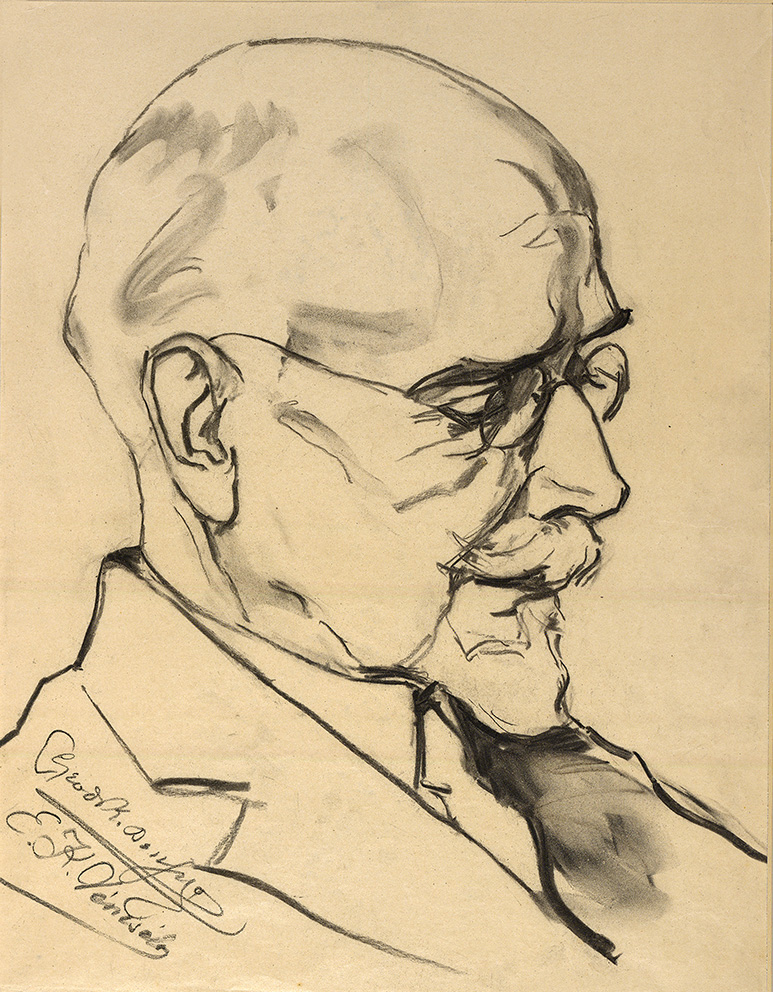Conference - Global Crisis and Democratic Transition in Southern Europe: a Political History
On the fiftieth anniversary of Greece’s transition to democracy in 1974, the Hellenic Parliament Foundation for Parliamentarism and Democracy organizes an international conference with the title “Global Crisis and Democratic Transition in Southern Europe: a Political History”.
